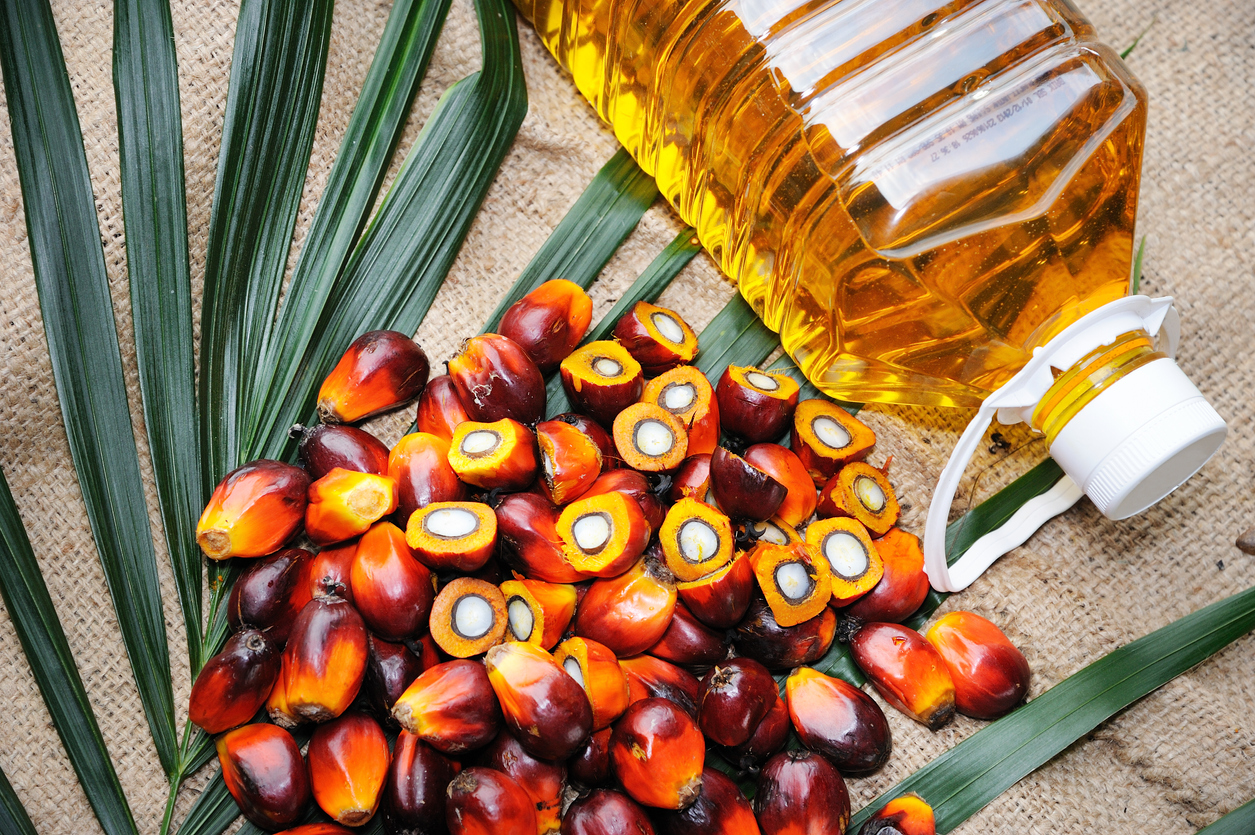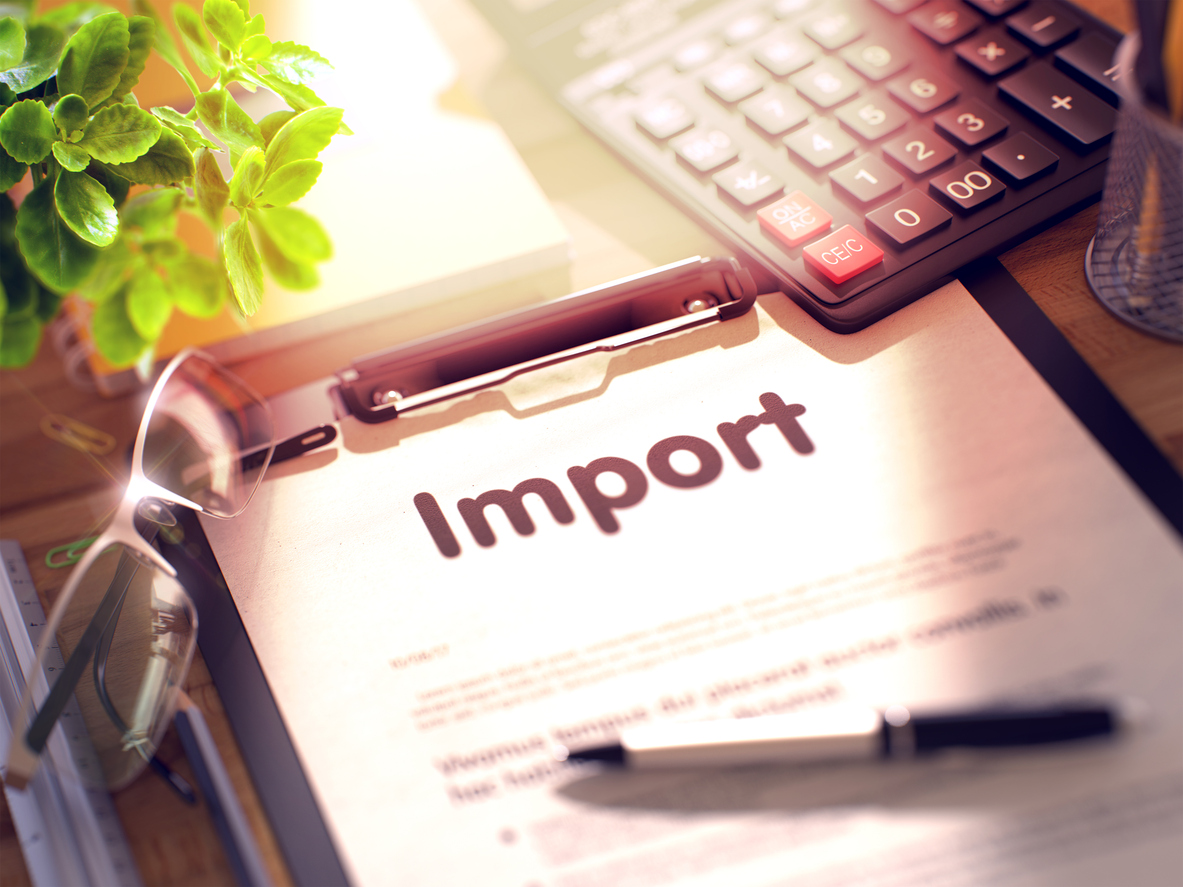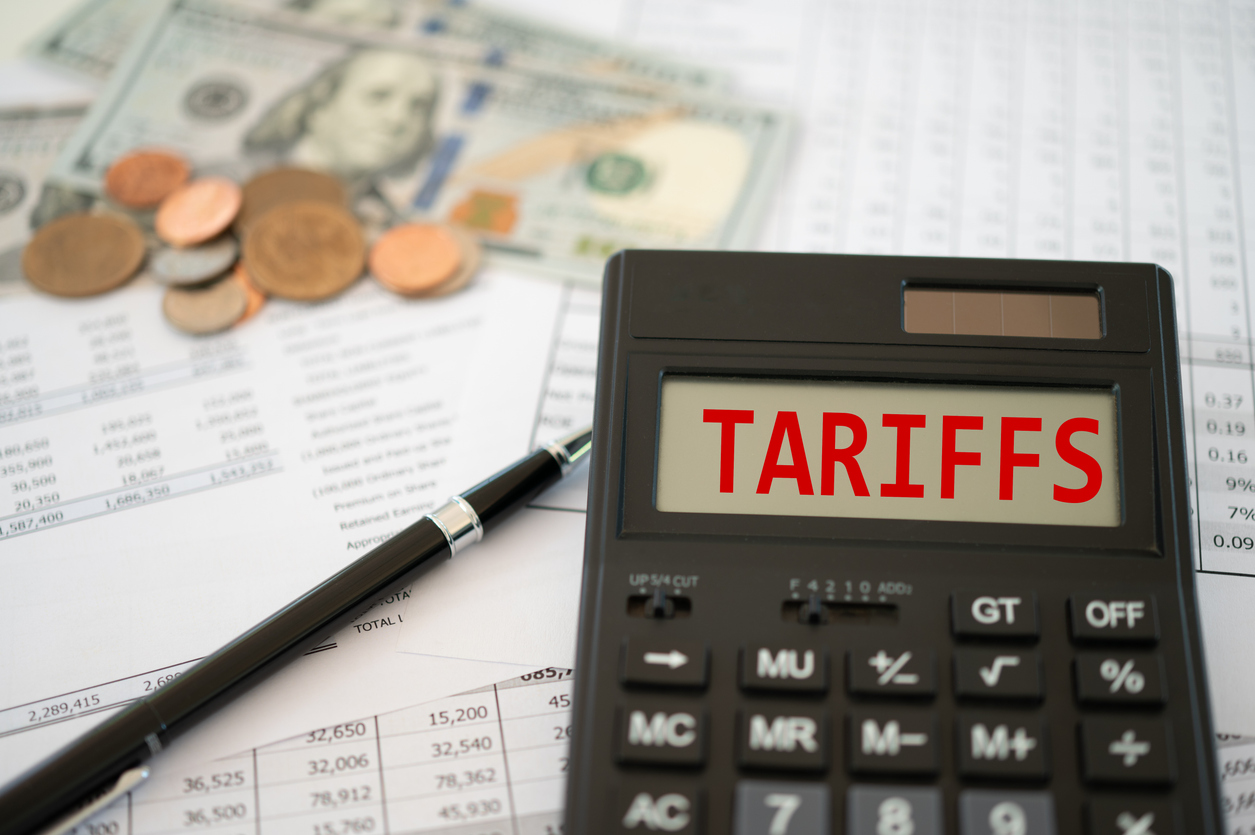Unveiling the Journey of Palm Kernel Oil: From Trusted Farmers to Global Buyers
Unveiling the Journey of Palm Kernel Oil: From Trusted Farmers to Global Buyers
Welcome aboard, curious readers! Today, we embark on an exciting adventure that takes us deep into the heart of palm kernel oil production. From its humble beginnings in the hands of trusted farmers to becoming a prized commodity sought after by global buyers, this incredible journey will unveil the secrets and stories behind one of the world’s most versatile oils. So fasten your seatbelts and join us as we dive headfirst into this captivating tale of nature’s bounty and human ingenuity. Get ready to be amazed by how this golden elixir travels from palm trees to your pantry shelves!
Introduction to Palm Kernel Oil
Introduction to Palm Kernel Oil
Palm kernel oil is a highly versatile and widely used vegetable oil that has been gaining popularity in recent years. Derived from the nut of the oil palm tree, this oil is known for its unique composition and numerous health benefits.
The journey of palm kernel oil begins with the cultivation of the oil palm tree (Elaeis guineensis), which is native to West Africa but is now also grown in many other tropical regions such as Southeast Asia, South America, and Central America. These trees can reach up to 20 meters in height and produce fruit all year round.
The process of extracting palm kernel oil starts with harvesting ripe clusters of fruit from the trees. The fruits are then taken to processing mills where they are sterilized before being separated into two components – the pulp, which is used for making palm oil, and the nut or kernel, which contains high levels of oil.
To obtain the kernels, the nuts are cracked open using mechanical or manual methods. The kernels are then dried under controlled conditions to reduce their moisture content and prevent spoilage. Once dried, they are transported to extraction plants where they undergo further processing.
At these extraction plants, different methods may be used to extract the oil from the kernels. One common method involves crushing or pressing them under high pressure to release their oils. Another method involves using solvents such as hexane or benzene to dissolve the oils from the kernels.
The Process of Extracting Palm Kernel Oil
The process of extracting palm kernel oil involves a series of steps that require careful handling and attention to detail. It is essential to follow these steps correctly to ensure the production of high-quality, pure palm kernel oil.
Step 1: Harvesting
The first step in the extraction process is harvesting the palm fruit from oil palms. Oil palms are typically harvested when they are about 10 years old and have reached their peak production. The harvesting process involves cutting down bunches of palm fruits using specialized tools or machines. The harvested fruits are then transported to the processing plant for further extraction.
Step 2: Separation and Cleaning
Upon arrival at the processing plant, the harvested fruits undergo separation and cleaning processes to remove any foreign materials such as leaves, twigs, and stones. This step is crucial as any impurities can affect the quality of the final product.
Step 3: Sterilization
After cleaning, the palm fruits are sterilized using high-pressure steam to kill any bacteria or fungi present on them. Sterilization also softens the outer layer of fruit, making it easier to extract the oil in later stages.
Step 4: Threshing
Once sterilized, the fruits are passed through a threshing machine that separates them into individual kernels from their shells. These kernels will be used for extracting palm kernel oil while empty shells can be utilized as fuel or animal feed.
The Importance of Trusted Farmers
The palm kernel oil industry relies heavily on the hard work and dedication of trusted farmers. These farmers are essential in ensuring the production of high-quality palm kernel oil, which is then used in a wide range of products around the world. In this section, we will delve into the importance of trusted farmers and how their role contributes to the journey of palm kernel oil from production to global buyers.
Firstly, it is important to understand that palm kernel oil is extracted from the seeds of oil palm trees. This means that without proper cultivation and maintenance of these trees, there would be no raw material for producing palm kernel oil. Trusted farmers play a crucial role in this process by carefully cultivating and harvesting these trees. They are responsible for ensuring that the soil quality, water supply, and overall environment are suitable for optimum growth and yield.
Furthermore, trusted farmers also play a vital role in maintaining sustainable practices within the industry. The demand for palm kernel oil has increased significantly over the years, resulting in large-scale plantations. However, this can have negative effects on the environment if not managed properly. Trusted farmers prioritize sustainable farming methods such as crop rotation and minimal use of pesticides to maintain soil fertility and prevent environmental degradation.
In addition to being stewards of the environment, trusted farmers also contribute to uplifting local communities where they operate. Many smallholder farms rely on palm kernel oil production as their main source of income.
How Wigmore Trading Sources Palm Kernel Oil from Trusted Farmers
Palm kernel oil is a versatile and widely used commodity in the global market, with demand steadily increasing year after year. As a result, it is crucial for companies to carefully source their palm kernel oil from trusted and sustainable farmers to ensure the quality of their products. At Wigmore Trading, we have established strong partnerships with reputable farmers who share our commitment to ethical and sustainable practices.
Our journey to sourcing palm kernel oil begins with building relationships with local farmers in Nigeria, where the majority of our palm kernel oil is sourced. We understand the importance of supporting local communities and promoting fair trade practices. That’s why we work closely with small-scale farmers and cooperatives, providing them with training on sustainable farming methods and fair pricing for their produce.
One of the key aspects of our sourcing process is ensuring that the palm kernels used in producing our palm kernel oil are of high quality. This means working directly with trusted farmers who adhere to strict quality standards set by international regulatory bodies such as RSPO (Roundtable on Sustainable Palm Oil). Our team conducts regular visits to these farms to monitor their operations and verify that they meet our criteria for sustainability.
In addition to quality assurance, we also prioritize environmental responsibility in our selection of partner farmers. We actively seek out farms that implement eco-friendly practices such as organic farming methods, minimizing chemical use and reducing carbon footprint. By doing so, we contribute towards protecting natural resources while maintaining the nutritional value and purity of our palm kernel oil.
The Journey from Farm to Global Buyers
The journey of palm kernel oil begins on the farms of trusted farmers who have been cultivating palm trees for generations. These farmers have a deep understanding and knowledge of the land, climate, and techniques required to produce high-quality palm kernels. They carefully nurture the palm trees and harvest the ripe fruits when they are at their peak.
Once harvested, the palm fruits are taken to processing plants where they undergo several stages of production before being transformed into palm kernel oil. The first step is the separation of the outer fleshy layer from the hard inner shell, known as husking. This is primarily done by hand using simple tools, ensuring that only mature fruits are selected for further processing.
Next, the kernels are carefully cracked open to extract the white kernel inside. This process requires great skill and precision to avoid damaging or contaminating the kernels in any way. The extracted kernels are then washed thoroughly to remove any remaining husk or impurities.
After washing, the kernels are dried under controlled conditions to reduce moisture content and prevent spoilage. Once dried, they undergo a mechanical pressing process which extracts crude palm kernel oil from the kernels. This unrefined oil is then subjected to a refining process that involves filtering out any impurities and removing free fatty acids through chemical treatment.
At this point, we have pure refined palm kernel oil ready for packaging and distribution. The global demand for this versatile ingredient has led it to be exported worldwide by trusted buyers who value its quality and purity.
Benefits of Using Palm Kernel Oil in Various Industries
Palm kernel oil is a versatile and highly beneficial type of oil that has been used in various industries for centuries. Its popularity has increased in recent years due to its many advantages over other types of oils. In this section, we will explore the benefits of using palm kernel oil in different industries.
1. Food Industry
Palm kernel oil is widely used in the food industry due to its high nutritional value and unique properties. It is rich in saturated fats which makes it suitable for cooking at high temperatures without losing its nutrients or developing harmful compounds. This makes it an ideal choice for frying and baking purposes.
Moreover, palm kernel oil does not have any trans-fats, making it a healthier alternative to other vegetable oils commonly used in the food industry. Its neutral flavor also makes it a popular choice among chefs and bakers as it does not alter the taste of their dishes.
2. Cosmetics Industry
One of the main benefits of palm kernel oil is its moisturizing properties, which make it an excellent ingredient for skincare products. It contains high levels of Vitamin E, an antioxidant that helps nourish the skin and protect against damage from free radicals.
Additionally, palm kernel oil has antibacterial and anti-inflammatory properties that can help treat skin conditions such as acne and eczema. It is also non-comedogenic, meaning it does not clog pores, making it suitable for all skin types.
Sustainability and Eco-Friendly Practices in Palm Kernel Oil Production
Sustainability and eco-friendly practices have become increasingly important in all industries, including palm kernel oil production. As consumers become more conscious of their impact on the environment, they are demanding products that are produced with sustainable and environmentally friendly methods.
In recent years, there has been a growing concern about the sustainability of palm oil production due to its negative impact on the environment and communities. However, with advancements in technology and a shift towards sustainable practices, palm kernel oil producers are now making efforts to improve the sustainability and eco-friendliness of their operations.
One significant aspect of sustainable palm kernel oil production is responsible sourcing. This involves ensuring that the palm kernels used for oil production come from sustainably managed plantations. These plantations must adhere to strict environmental standards, such as not clearing primary forests or using fire for land preparation. Additionally, responsible sourcing also includes fair treatment of workers and respect for local communities’ rights.
To achieve responsible sourcing, many palm kernel oil producers have turned to certification programs such as Roundtable on Sustainable Palm Oil (RSPO). This non-profit organization sets global standards for sustainable palm oil production by promoting environmentally friendly practices, social responsibility, and economic viability within the industry. RSPO-certified companies must comply with stringent criteria that cover all aspects of sustainability.
Another crucial aspect of sustainable palm kernel oil production is reducing greenhouse gas emissions. The conversion of forests into plantations releases large amounts of carbon dioxide into the atmosphere, contributing significantly to climate change.
Challenges and Solutions in the Supply Chain of Palm Kernel Oil
Challenges and Solutions in the Supply Chain of Palm Kernel Oil
The supply chain of palm kernel oil, like any other commodity, is a complex network that involves various stages and processes. From the production stage to the final delivery to global buyers, there are many challenges that can arise and impact the overall efficiency and quality of the product. In this section, we will explore some of these challenges and potential solutions that have been implemented in the supply chain of palm kernel oil.
1. Agriculture Practices and Sustainable Farming
One major challenge in the supply chain of palm kernel oil is ensuring sustainable farming practices are being followed by farmers. This includes using environmentally-friendly methods such as reducing chemical usage, proper waste management, and conserving natural resources. There have been concerns about deforestation in regions where palm trees are grown for their oil, leading to environmental degradation.
To address this issue, many sustainable certifications have been developed for palm oil production, such as Roundtable on Sustainable Palm Oil (RSPO) certification. This ensures that farms are following ethical and sustainable practices while also promoting social responsibility within communities.
2. Traceability and Transparency
Another significant challenge in the supply chain is maintaining traceability and transparency throughout each stage of production. With an extensive network involved in producing palm kernel oil, it can be challenging to track its origin accurately. This makes it difficult for buyers to ensure they are sourcing ethically-produced products.
Conclusion: Why Choose Wigmore Trading for Your Palm Kernel Oil Needs
Conclusion: Why Choose Wigmore Trading for Your Palm Kernel Oil Needs
Wigmore Trading is a leading supplier of high-quality palm kernel oil, sourced directly from trusted farmers in West Africa. Our commitment to quality and sustainability has made us the preferred choice for global buyers looking for top-notch palm kernel oil.
Here are some compelling reasons why you should choose Wigmore Trading for your palm kernel oil needs:
1. Direct Sourcing from Trusted Farmers
At Wigmore Trading, we understand the importance of sourcing directly from trusted farmers. That’s why our team personally visits and inspects each farm to ensure that only the best quality palm kernels are selected for processing. This not only helps us maintain the highest standards of quality but also supports local communities by providing fair wages to farmers.
2. State-of-the-Art Processing Facilities
We take pride in our state-of-the-art processing facilities that use advanced technology and techniques to extract pure and high-grade palm kernel oil. Our facilities follow strict hygiene standards and adhere to international food safety regulations, ensuring that our customers receive premium quality products.
3. Sustainable Practices
At Wigmore Trading, we believe in sustainable practices that benefit both the environment and local communities. We work closely with farmers to promote sustainable farming techniques that reduce environmental impact while increasing crop yields. Additionally, we support community development projects such as education and healthcare initiatives to improve the lives of those living in rural areas.








Comments are closed.